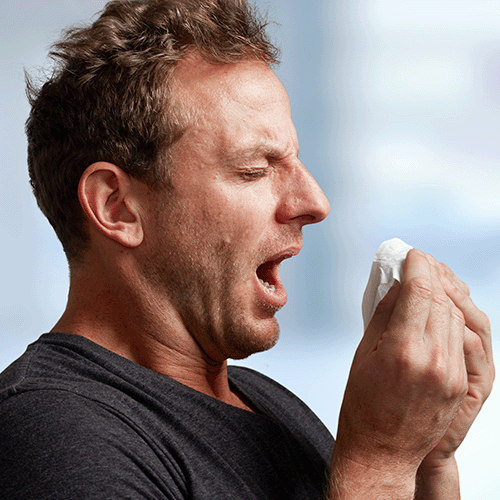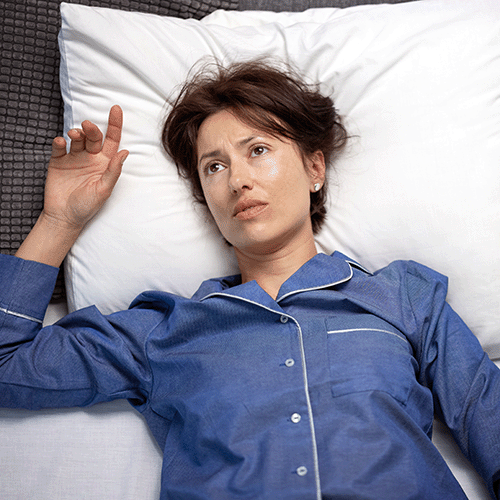How vivaBALANCE
can help with stress
Looking at stress via the gut brings a new approach.
Below you can discover:
- How probiotics may influence gut-brain axis to modulate neurotransmitters to reduce stress and anxiety
- What type of probiotic, vitamin and supplement mix you may receive based on your data
- How these may boost neurotransmitters to promote relaxation, reduce anxiety to enhance relaxation







